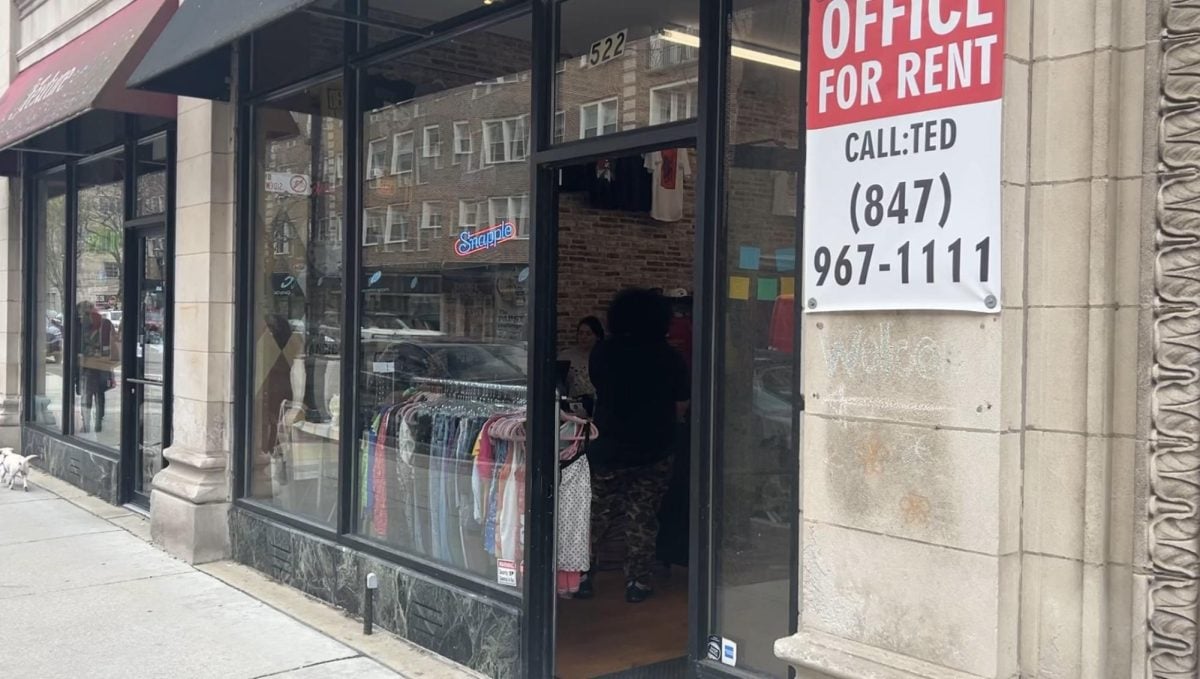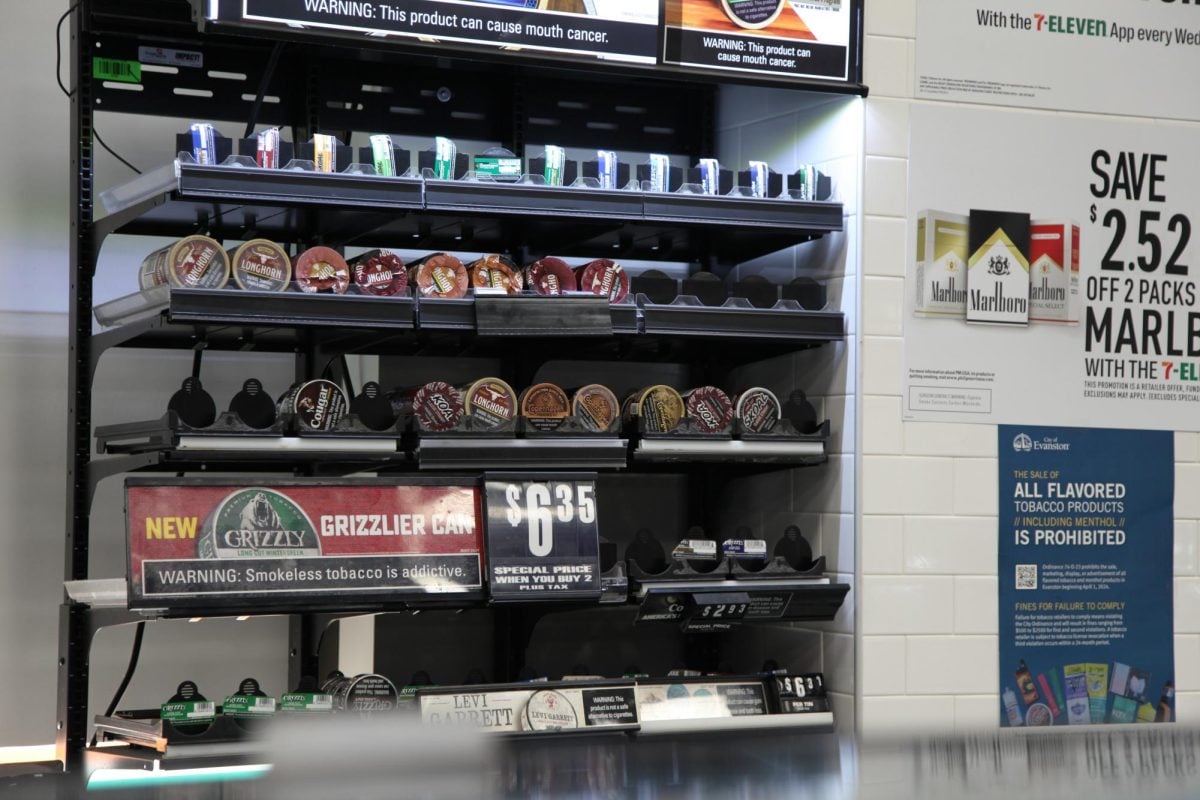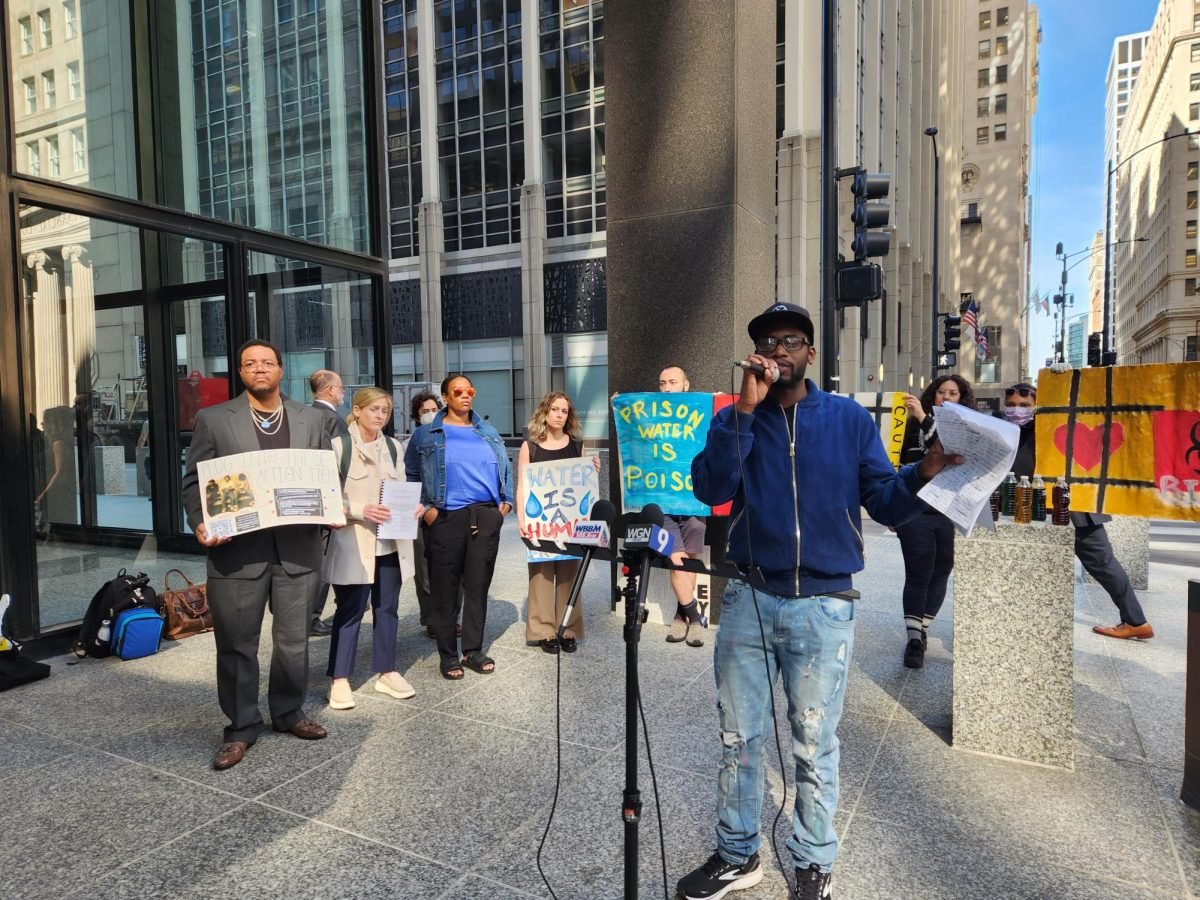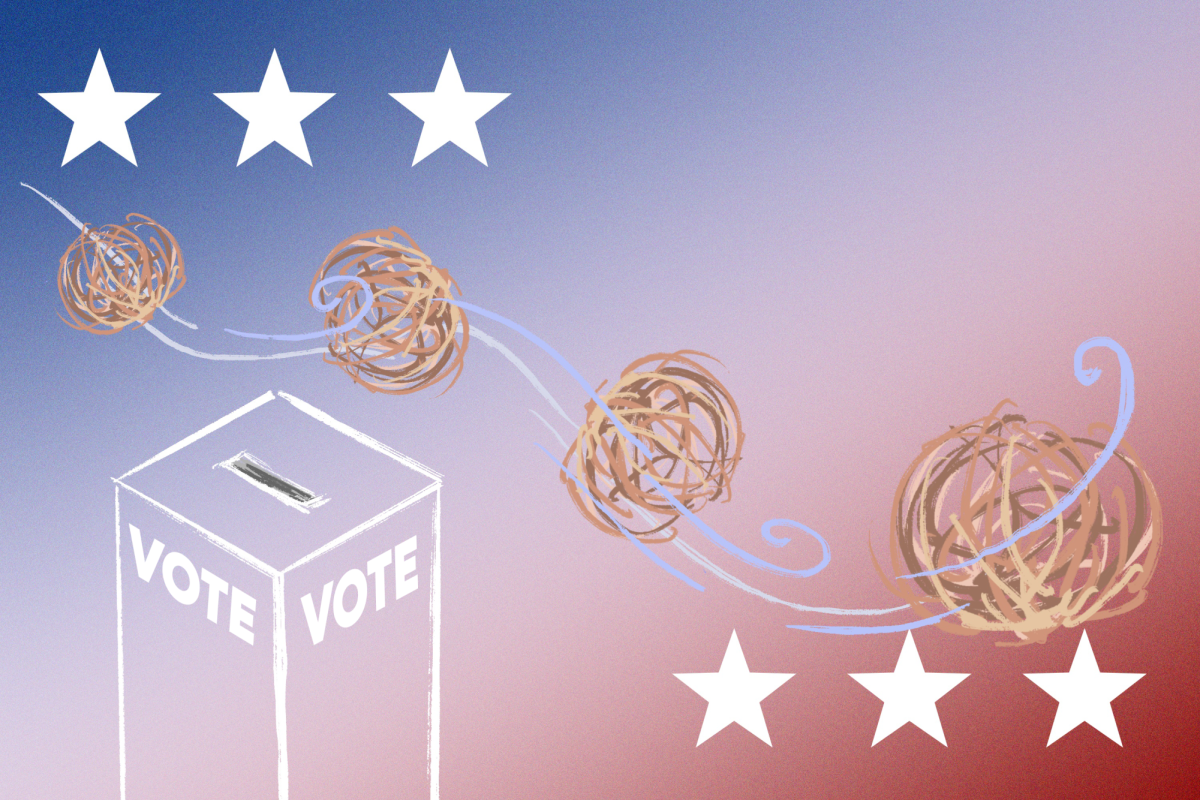Online retailers have avoided collecting sales tax from their customers for many years, but now U.S. Sen. Dick Durbin (D-Ill.) and two of his colleagues are pushing for legislation that would close that loophole.
Durbin joined forces with U.S. Sen. Lamar Alexander (R-Tenn.) and U.S. Sen. Mike Enzi (R-Wyo.) to introduce the Marketplace Fairness Act, which requires online retailers to collect state sales taxes even if they have no physical presence in the particular state.
Durbin spokesman John Normoyle said the senator heard from businesses across Illinois that “simply want an opportunity to compete fairly” with online retailers like Amazon.com.
“This bipartisan bill provides that level playing field,” Normoyle said in an email to The Daily. “Senator Durbin has also heard concerns from some online retailers and has worked with his colleagues to include a provision in the legislation to make sure that small businesses aren’t unfairly burdened.”
Major online retailer Amazon.com issued a statement Nov. 9 supporting the Marketplace Fairness Act.
Amazon.com spokesman Scott Stanzel told The Daily on Wednesday the online marketplace has supported a federal approach to the issue of online sales tax collection for more than a decade.
“We are actually working closely with Senator Durbin and other sponsors of that Senate legislation,” Stanzel said. “Senator Durbin indicated that he was optimistic they would get the 60 votes to bring up the legislation in spring, and that is something that we’re working hard to support.”
However, not all online retailers are pleased with the bill in its current form. After the Marketplace Fairness Act was introduced in November, eBay immediately released a statement denouncing its potential effectiveness.
“This is another Internet sales tax bill that fails to protect small business retailers using the Internet and will unbalance the playing field between giant retailers and small business competitors,” according to eBay’s press release. “It does not make sense to expand Internet sales tax burdens on small businesses at a time when we want entrepreneurs to create jobs and economic activity.”
EBay is part of NetChoice, a coalition of online stores that lobbies in favor of e-commerce business and consumers rights. Steve DelBianco, NetChoice’s executive director, argued the problem is not related to the online tax.
“It has to do with whether out-of-state retailers would have to collect Illinois sales tax from Illinois residents,” DelBianco said.
He said the problem is Illinois’ passivity toward collecting taxes from online consumers.
“The only question is: who can be forced to collect it?” DelBianco said. “Collecting a sales tax is a great burden on retailers because they have to keep track of over 9,000 tax jurisdictions around the country.”
DelBianco said he is concerned the new bill will actually harm small businesses.
“Congress needs to first make sure that the burden of that collection (does not) unreasonably get in the way of interstate commerce or that they don’t penalize small businesses for whom those burdens are disproportionally expended,” he said.
Small business is not the only group that will be affected, though. Consumers residing in states with no sales tax might feel the brunt of the proposed bill’s effects if it ever becomes law.
Weinberg freshman Jon Rockower is from New Jersey, which does not charge sales tax for clothing, medicine or unprepared food. He said institutionalizing the tax would definitely turn people off to online retailing.
“Personally, I don’t think that would affect me as much because I usually buy in-store anyway,” Rockower said. “I think it’ll kill a lot of online retailers as well because they wouldn’t have that extra incentive which is why someone would shop online. So I’m not sure how much I agree with that bill.”
Rockower added he is unsure if the bill will be beneficial anyway.
“I’m not sure how successful it can be because there are certain times when the government needs to raise money somehow and it’s a good way to even things out,” Rockower said. “But I think there are other ways to raise money instead of raising the taxes on everybody.”













